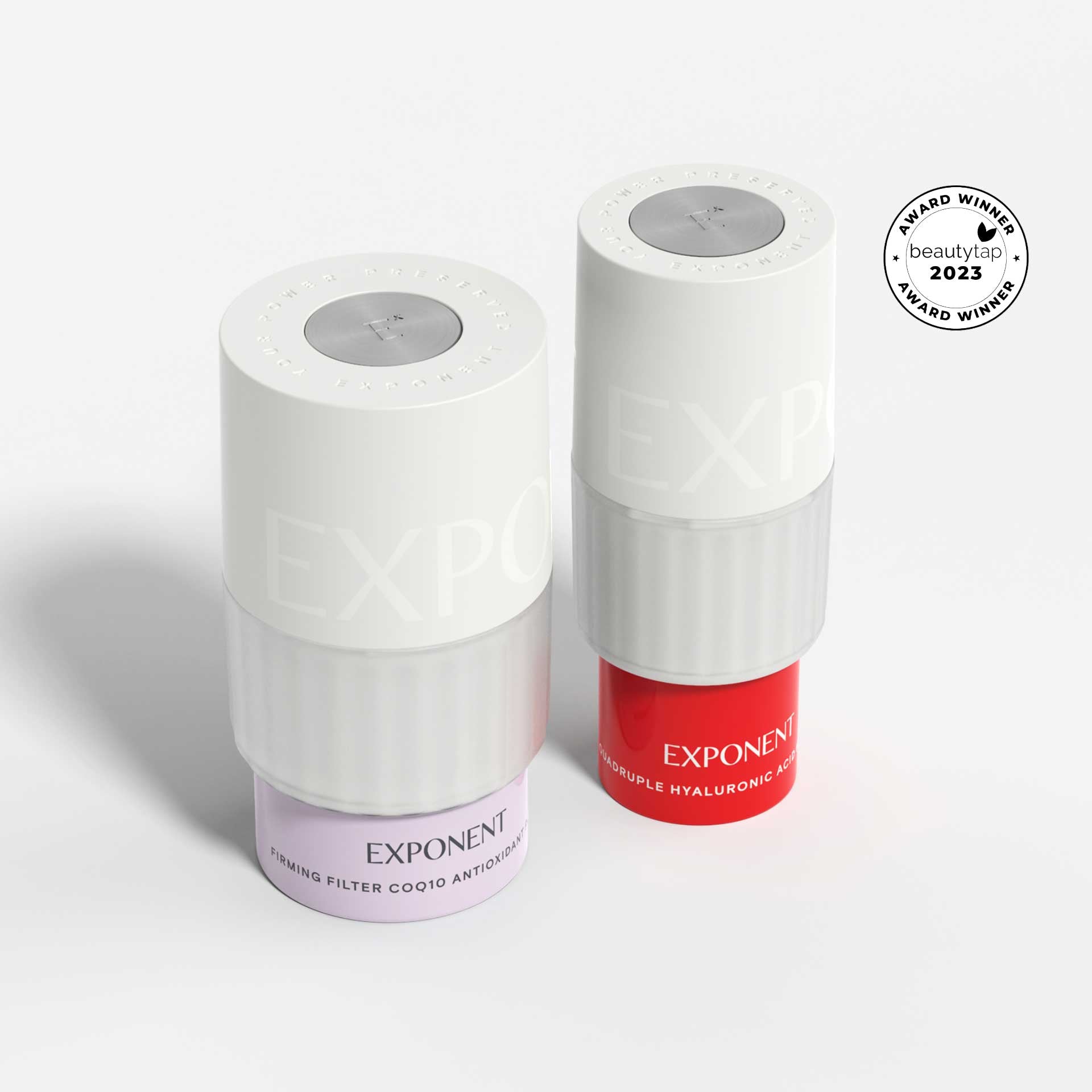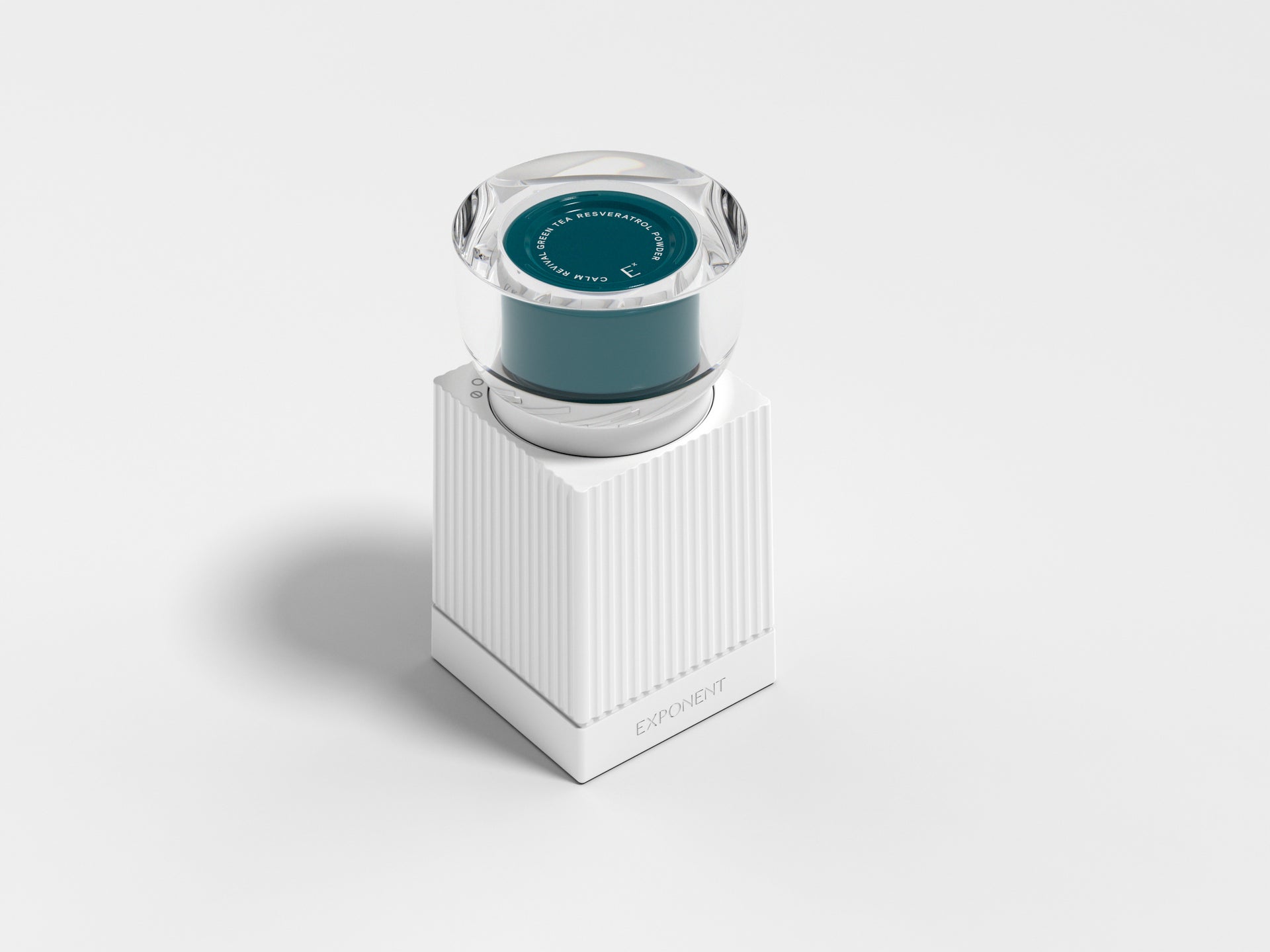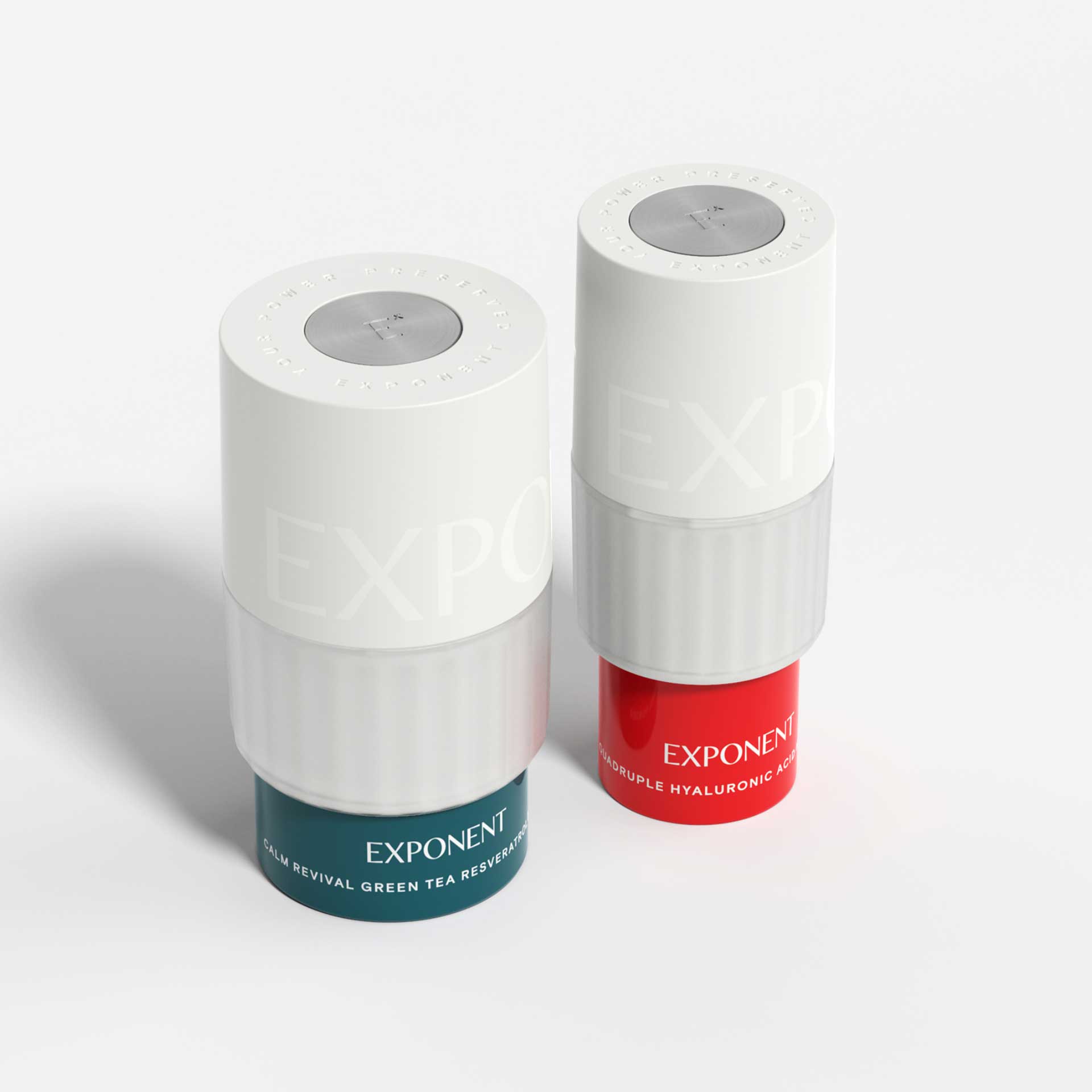Let's get things straight: sensitive skin is not easy to manage. You need to pay attention to what you are smearing on your face by choosing the right ingredients for your routine and avoiding the ones that may exacerbate flare-ups. Everyone goes through periods of more reactive skin at some point, but some permanently struggle with a problematic complexion. Regardless of which category you fall in, this post is the right place to start if you want to know what causes sensitive skin and how to calm it with the best skincare products.
What Is Sensitive Skin?
What does sensitive skin mean? You know your skin is on the sensitive side when it constantly reacts to triggers like temperature and certain ingredients, is prone to redness, pimples, itchiness, and irritations.[1]
What Causes Sensitive Skin?
The cause of sensitive skin goes beyond a condition that may run in your family. Your skin might be allergic to some substances, you may have overused chemical peels (or retinol?!), you may be sensitive to cold weather, the sun, or even polluted air. Or your complexion just can't retain enough moisture, which has to do with a compromised protective barrier.[2]
Most often, these are the causes of sensitive skin:
- A weakened barrier
- Dryness
- Dermatitis
- Eczema
- Rosacea
- Cold climate
- Stress
How Do You Know If You Have Sensitive Skin? Symptoms of Sensitive Skin
Now let’s figure out how to tell if you have sensitive skin. Sensitive skin is not difficult to notice. It feels tight, uncomfortable, sometimes can be red, itchy or flaky to the point it can get inflamed and swollen.
Signs of sensitive skin:
- Dryness
- Flaky patches
- Burning and stinging
- Redness
- Prone to breakouts
- Skin responds to weather changes
- Reactions to skincare products
How to Calm Sensitive Skin
In case you fall into the easily reactive skin camp, here are a few tips on how to get rid of sensitive skin. Above everything, simplify your skincare routine and cut out all the powerful actives (think vitamin C, AHAs/BHAs), dodge fragrances, and drying alcohols.
Protection is crucial when you're dealing with sensitive skin, and the biggest culprit you should protect your skin against is the sun. As such, never skip sunscreen with both UVA and UVB protection. Free radicals like pollution and smoke can also make your complexion sensitive, so do yourself a favor and defend it with antioxidants. Have a peep at our Firming Filter CoQ10 Serum, full of 0.5% coenzyme Q10 in every dose that not only scavenges free radicals but soothes and hydrates with shea butter and quercetin.
There's one more thing you should protect if your complexion is currently sensitized: your skin barrier. You can do so by using products meant to restore the protective barrier and hinder further moisture loss. The protagonists here are peptides, ceramides, squalane, niacinamide, panthenol, and hyaluronic acid.[3]
What to Use for Sensitive Skin
For the other camp, for whom sensitive skin is a day-by-day thing, you need to learn how to keep it happy and not worsen its condition in the first place.
Start with a gentle cleanser that removes makeup and grime without stripping away the skin's natural moisture. What face wash is good for sensitive skin? A creamy formula that lacks sulfates and fragrances but packs hydrating ingredients, such as glycerin, hyaluronic acid, and aloe vera. The same goes for toner. You want your toner to balance skin pH and skip astringents (alcohol, citric acid, salicylic acid, witch hazel).
It's certainly essential to include a serum into your routine. Just make sure to be picky when choosing the one. You probably love anti-agers (we all do!), but ingredients like retinol, glycolic acid, and vitamin C are a no-no for sensitive skins. Instead, you should opt for a calming formula that won't irritate your skin but protect and strengthen it. We can't get enough of our Calm Revival Green Tea Resveratrol Serum, chock full of resveratrol, green tea, and asiaticoside, the trifecta for soothing skin and keeping it shielded against oxidative stress.
Afterward, lock everything in with a rich moisturizer made with sensitive skin in mind. Go for a less is more approach and choose a simple formula that packs a medley of hydrators, emollients, and occlusives, sans scents, propylene glycol, or exfoliants.[4]
By the way, sensitive skin also needs products that help to get rid of dead cell buildup, even tone, and encourage cell turnover. But how? You should never use physical exfoliants. Instead, choose a mild exfoliant with either fruit enzymes or exfoliating acids. Of all acids, lactic acid is best for sensitive skin. Due to its large molecular size, it works on the top layer of the skin, acting gentler than other acids. And don't over-exfoliate — once or twice a week will do.
Finally, end your AM routine with sunscreen. Instead of using a chemical sunscreen filled with oxybenzone, octinoxate, or PABA — all known sensitive skin irritants — pick a physical sunscreen. This means using minerals like zinc oxide and titanium dioxide that act on the skin's surface, deflecting light. "These ingredients are safer for you as they stay on the surface of the skin and are not absorbed into the body, as chemical sunscreen ingredients are. Chemical sunscreens can be irritating to skin with an impaired barrier, such as in those with sensitive skin. They work by absorbing UV radiation, versus mineral blocks that deflect the light," Dr. Purvisha Patel, board-certified dermatologist shares.[5]
Find the Best Skincare Products to Treat Sensitive Skin at Exponent
At Exponent, results come first. Thus, we prepared a list of products for sensitive skin that we've clinically tested and meet our Full Of Standard. This means they truly deliver. Or you can check our collection of the first self-activated skincare line to find the best skincare products for your sensitive skin.
Words By: Ana Vasilescu
Footnotes
- Duarte I, Silveira JEPS, Hafner MFS, Toyota R, Pedroso DMM. Sensitive skin: review of an ascending concept. An Bras Dermatol. 2017 Source
- L. Fan, C. He, L. Jiang, Y. Bi, Y. Dong, Y. Jia. Brief analysis of causes of sensitive skin and advances in evaluation of anti-allergic activity of cosmetic products, 07 October 2015. Source
- Marta S. Ferreira, José M. Sousa Lobo, Isabel F. Almeida. Sensitive skin: Active ingredients on the spotlight. 23 November 2021. Source
- EWG's Skin Deep. Propylene Glycol. Source
- Well + Good, The 4 Ingredients To Avoid in a Sunscreen if You Have Sensitive Skin. Source






